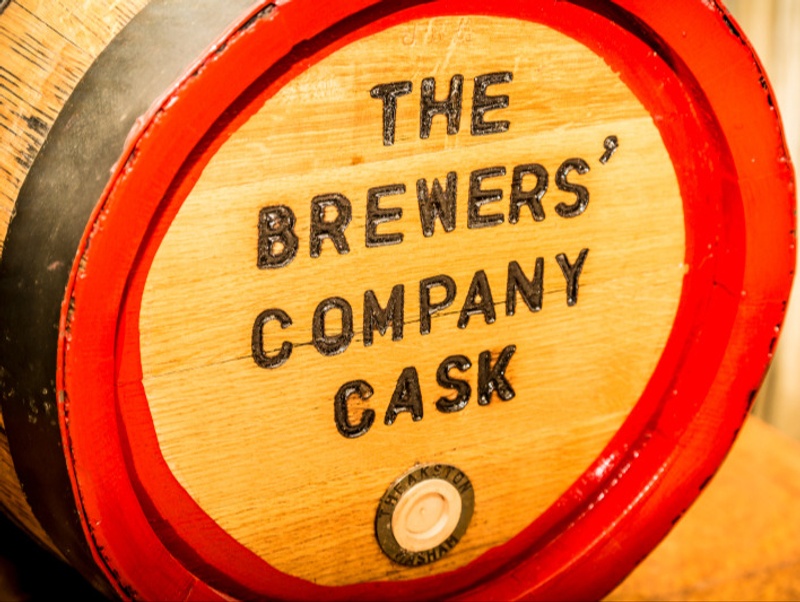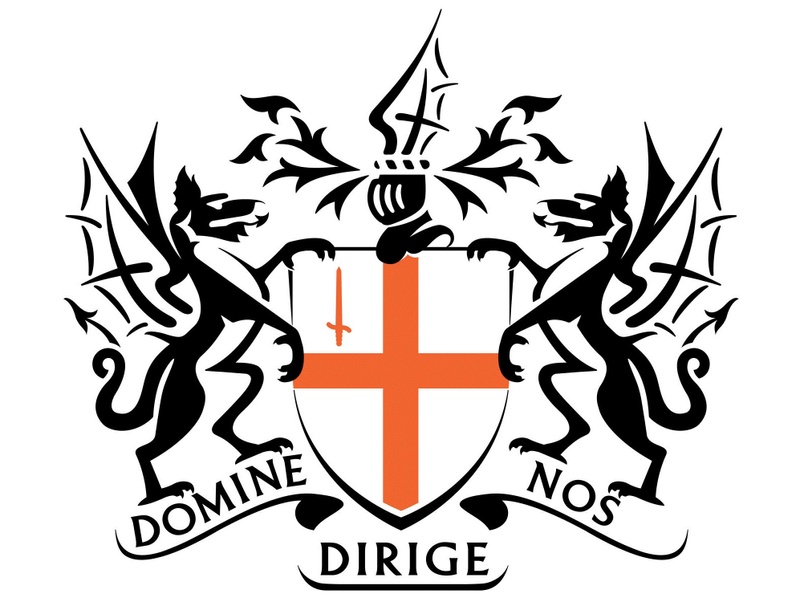Visitation Day at Aldenham School
26 June 2025

Last Saturday the Master was Guest of Honour at this year’s Aldenham School Visitation Day. After attending a Chapel service and presenting prizes she gave a short speech.
The Visitation Day is a wonderful celebration of the achievements of the students and staff at the School over the last year. It has a long history, dating back to the founding of the School, whose governance was entrusted to the Brewers’ Company, by Richard Platt in 1596. Part of the role of the Court of the Brewers' Company in governing their schools was an annual inspection. The Court would visit to check on the progress of the schools, view displays and demonstrations of sports and activities and take an inventory of the schools’ property.
Our Archivist has discovered an account of ‘The Visitation of the Free School and Almshouses at Aldenham of the Foundation of Mr Richard Platt’ on Thursday the 25 July 1689. In attendance were the Master of the Brewers’ Company, two Wardens, the Examiner, the Clerk and Beadle plus the bricklayer and the carpenter.
Richard Platt left detailed rules and orders for the school he had founded. There was one Schoolmaster and one Under Master or Usher. The visitors were to inquire into several matters, including:
- Whether the Scholars read such books and make such themes and do such exercises as the Founder appoints
- Whether the Usher be a single man and perform his duty
- Whether any controversies be between the Master and the Usher
- Whether the Founder’s orders be duly read and a Register kept of the names of the Scholars
- An inventory of the goods belonging the School and Almshouses is also to be presented to them.
The inventory was comprehensive but is predominantly a list of gates, doors, locks, keys, bolts and catches!
The list of 41 scholars gives their date of admission (from 1681 to 1689), age (presumably at the time they were admitted, ranging from three to ten), parish (all from Aldenham) and the books they had (the youngest had an “a, b, c, primer” and the older children the Old or New Testament in English).


